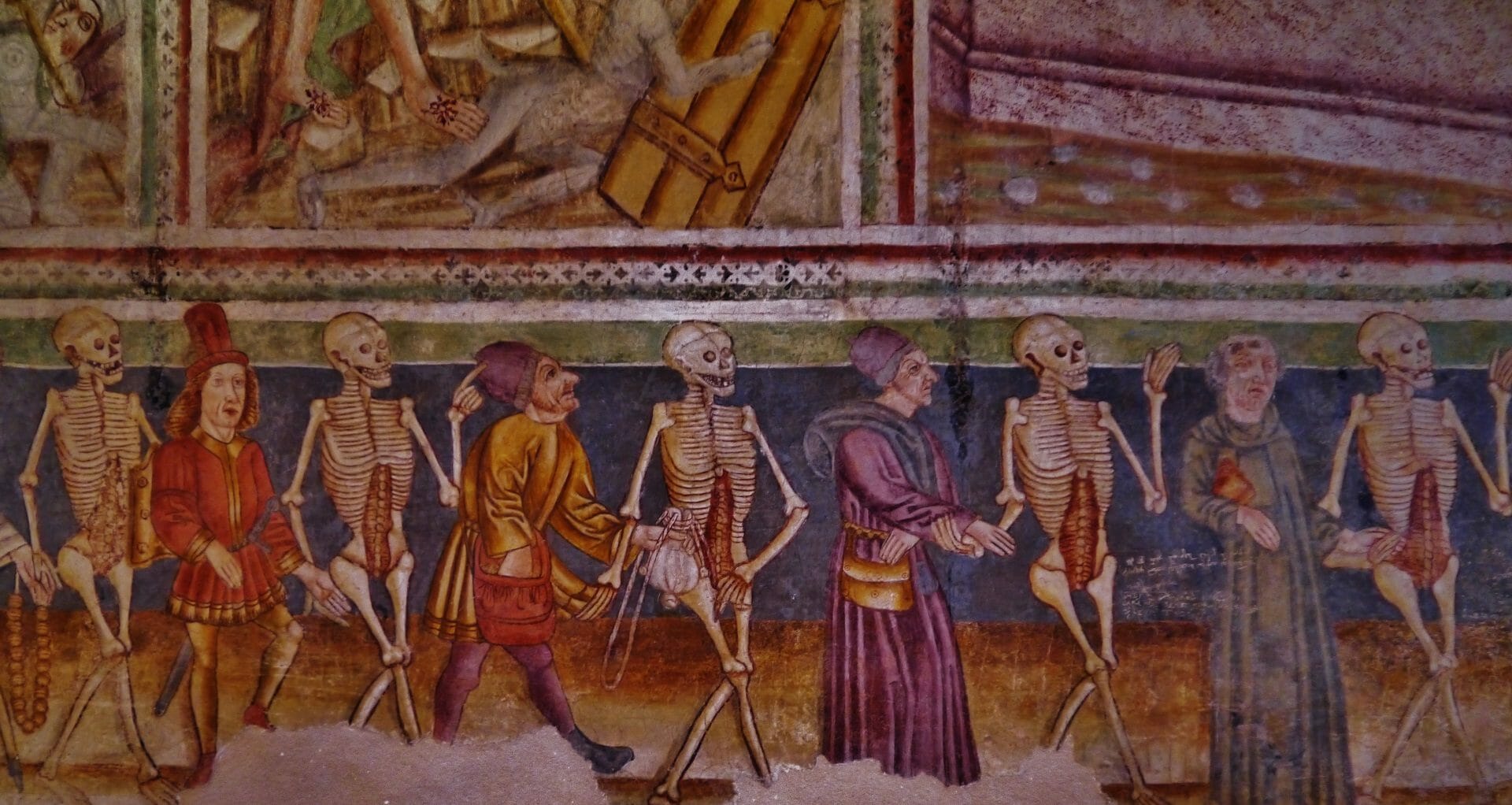
Flights | Olga Tokarczuck's theory of knowledge
Author
Year
Format
Flights is a novel by the Polish Nobel Prize-winning writer Olga Tokarczuk. It was published in 2018, the same year in which the author was awarded the Nobel prize and the Man Booker International Prize. Flights is a compendium of Tokarczuk’s imagery and pieces, where reflections and writing about travel and movement play the most important part. The book is split into 116 different pieces, some one sentence long, some running up to thirty pages.
Classical themes in a new style
In Flights, the reader can find Tokarczuk’s recurrent themes, such as voyage, loneliness, and rootlessness. But the author represents these themes in an innovative way, which makes Flights different from similar travel narration. In fact, the voice of the author alternates with other narrators, while maps and paintings intersperse the text. In this way, Tokarczuk creates a layered novel, where the main character is the idea of movement.
The idea of movement is the glue of the novel: every figure appearing in the book is restless. And also the narrating voices continue to change within the narrative frame. Without the idea of movement acting as a strong link between them, all the stories appearing in the novel would look disconnected and unrelated. For example, one chapter deals with the story of Kunicki, a man who loses his wife and daughter on an island, while the following chapter talks about the idea of kairos, a time when conditions are right for the accomplishment of a crucial action. However, the reader understands that all chapters have something in common: and that is the idea of movement.
Home is My Hotel
This narrative technique reflects Tokarczuk’s idea of life: a restless journey. Home is My Hotel is the name of one chapter, an iconic sentence that sums up the author’s vision. In this idea, life is a juxtaposition of different images, where the task of detecting a meaning is up to those who behold the scenes. As the Italian writer and academic Umberto Eco postulated in his The Open Work (1962), the reader must put together the fragments depicted by the author.
A new theory of knowledge
In Flights, the author often gives the reader interpretational clues. For example, at the beginning of the novel, the narrating voice talks about the three fundamental questions of the traveller. The reader must ask these questions to each character of the novel. Who are you? Where are you from? Where are you going to?
In Flights, Tokarczuk explores the ancient idea of epistemology, or the philosophy of knowledge, which has roots in the works of the historiographer Herodotus. Like TheHistories by the ancient Greek writer, Flights wants to propose a new way of knowing things. A theory of knowledge based on traveling and watching, because “seeing, after all, means knowing.”
Tag
Buy a ☕ for Hypercritic









